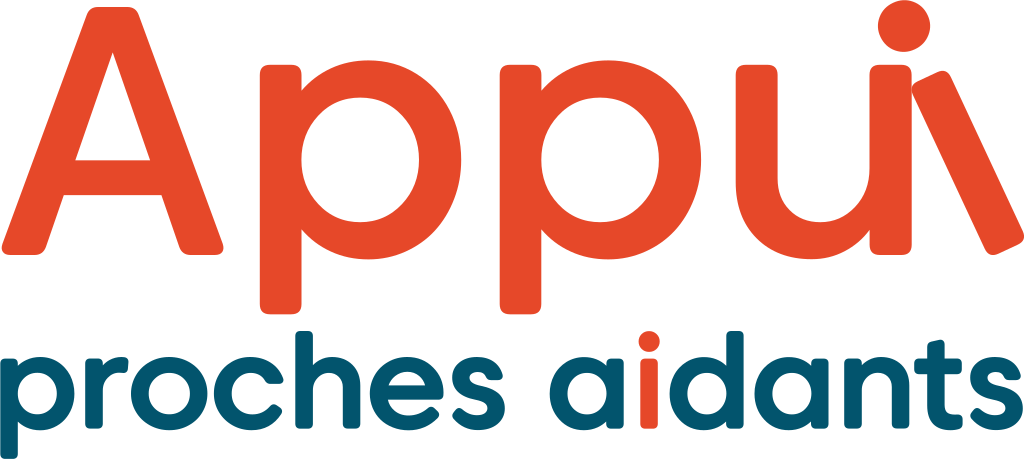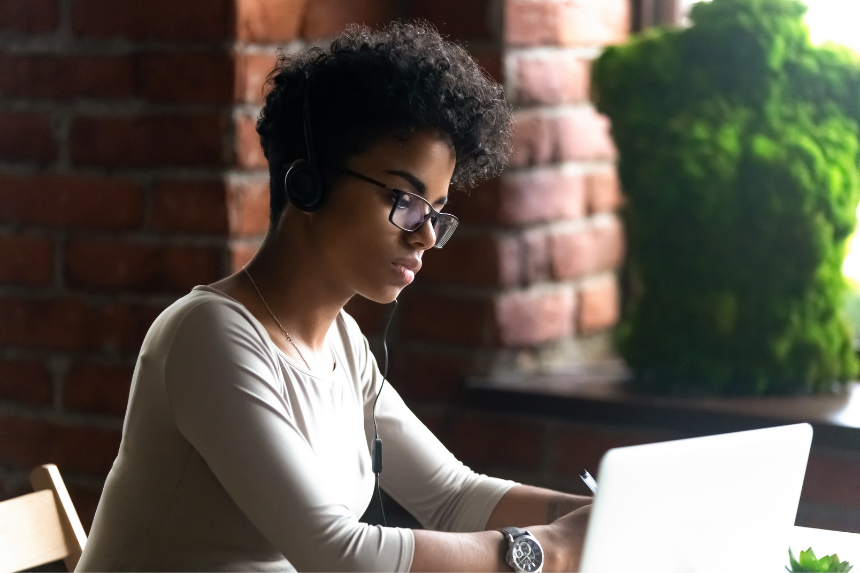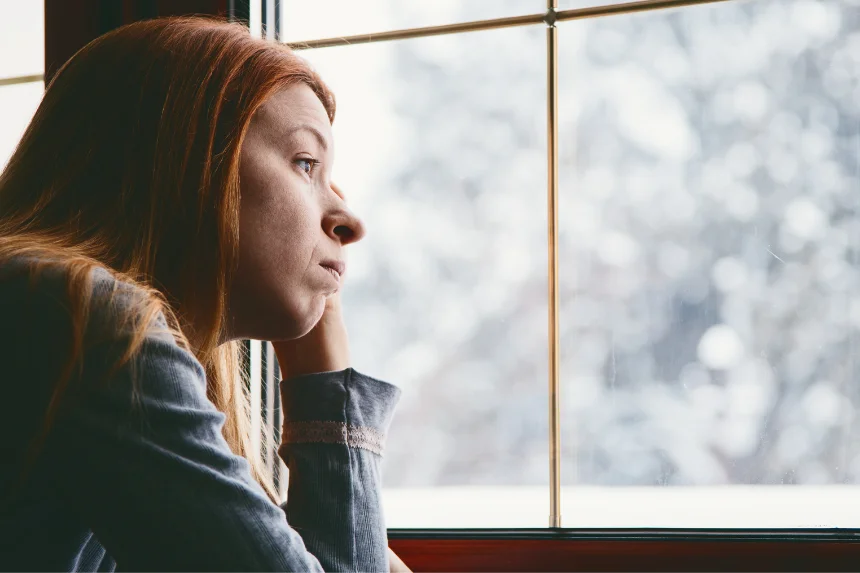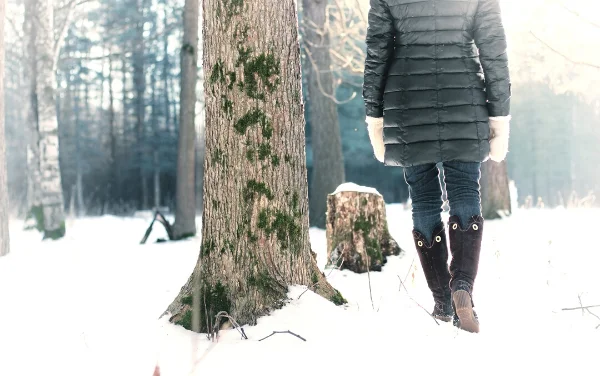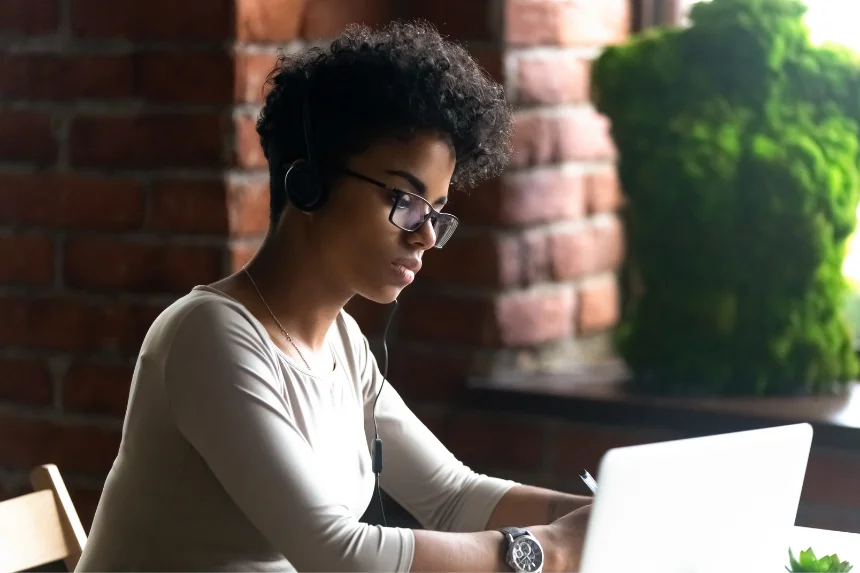“Learning to Become a Caregiver”… Really, you can learn how?
C: Learning how to be a caregiver is a gradual process. You don’t learn everything overnight. It’s a process. The program exists to facilitate this process. It’s a foundation to start your journey.
What is the concept behind this training?
I: The idea is that the caregivers get to know themselves. They will assimilate theory, but they will also realize their own strengths, everything they already do. It’s a personal and personalized journey that will improve their knowledge and abilities.
C: It’s also an opportunity to take a step back from their own circumstances. Caregivers are always so much in the “give, give, give” mode. This program is an opportunity to take stock by asking the question, “Where do I stand?”
What is the purpose of a specific training course for caregivers who care for people diagnosed with Alzheimer’s disease or a similar illness in the past 24 months?
C: There are unique characteristics, especially in the areas of communication and managing challenging behaviours. The goal here is to understand major neurocognitive disorders and to be able to take action to preserve one’s health and energy using effective tips.
It is a training and support program. Why do you emphasize the word “support”?
I: The support is personalized. The caregiver is paired with a coach who, through feedback, helps the caregiver integrate new knowledge into his or her daily life and personal journey. The coach supports the caregiver in consolidating their knowledge. All information is provided in writing on the platform.
In writing…?
I: Yes. There is no visual contact or phone calls. Each week a new session begins. The person reads the texts and completes the exercises. The coach reviews them and responds in writing by letter. They take the time to follow the journey of the caregiver and get to know them. The coach focuses his/her feedback on the good things that have been accomplished, the skills that have been developed, and suggests possible avenues for reflection.
Why is the training led by Caregiver support Helpline? What “knowledge” does it require?
C: As counsellors at Caregiver support Helpline, we ourselves receive training for this program. Training through writing requires specific interventions: we need to learn how to communicate our warmth! This is the biggest challenge. On the phone, we hear the voice, while on the platform, when writing, we have to be able to read between the lines, without ever interpreting. The written word allows the caregiver to participate at any time: reading, watching videos, and exchanging information on the forum if they wish. They can even do the exercises in 20-minute segments if it is more convenient for them.
Why is this training only offered online? Is this related to the pandemic or was it designed that way from the beginning?
C: It was fortunate that we started offering “Learning to Become a Caregiver” in the middle of the pandemic. However, the program had been planned for quite some time! It is part of Caregiver support Helpline mission to support caregivers who have difficulty accessing services. Sometimes, because they are with their loved one 24 hours a day, they cannot join a support group or training session in person. Sometimes they are located in an area where there are few or no organizations offering such training. The online platform solves the problem of accessibility.
What role does each of you play in the training?
I: I am practically a full-time coach! I take care of a cohort of caregivers. I am their link with the group of participants, I provide feedback, I read the exercises they do and I write the feedback for each exercise. I track the progress of their journey.
C: I was also a coach, because I had to be familiar with the program to work as a clinical coordinator. So I have a support role. I plan the cohorts of about eight people and make sure the groups are progressing. I provide clinical support. If a coach receives a difficult message in which one senses distress, I advise them on the best steps to follow. I also coordinate with the Marguerite-d’Youville Research Chair in Humanistic Nursing Interventions at the Université de Montréal. Not only did they develop the training content on the platform, but also they continue to evaluate the programs we offer. The training I received from a research professional from this chair dealt with the philosophy and the specific approach of the program. Now, I am the one training the coaches.
The program was launched in December 2020. What is your assessment after a few months?
C: At first, we were victims of our own success: after 4 days, we had 30 registrations! We had to train new coaches. We will soon have seven. Our waiting lists are more manageable now.
You’ve probably already seen that someone has learned something that will be useful to them. Can you give us an example?
I: Caregivers need reassurance. Sometimes they feel negative emotions and wonder if this is normal. I see a lot of change in this area, a lot of reassurance.
C: In the assessments that caregivers provide at the end of their training, we can clearly see how far they have come. Yes, there is peace of mind, but also more confidence in their own skills. In the second week, we explore the concept of re-framing. One participant once told me, “Since I understood how to apply re-framing, I resort to it all the time, I even used it in a difficult situation at work!”
What is re-framing? I feel like it could be useful!
C: It’s a coping strategy that we use in situations beyond our control. For example, “My loved one doesn’t listen to me.” Re-framing is about taking a step back. It’s not that my loved one doesn’t want to listen to me; it’s more of a symptom of their illness.
I: Yes, it’s turning non-helpful thoughts into strength, calm and confidence.
C: Because the program is confidential, participants can be very transparent. They are in a safe, non-judgmental space.
What have each of you learned from providing this training?
C: I learned that people have more potential than they think. And that I too have more potential than I thought (laughs)! Re-framing has become a way of life for me.
I: The power of listening and the genuine support in writing surprises me every time. For me as a coach, it’s very rewarding, very enjoyable, because I know it makes a difference. It’s like planting seeds that, as they grow, encourage reflection about the situation.
C: After seven weeks, it’s nice to see how far the caregivers have come and to see that they themselves realize it too.
Are there any new training and support programs on the horizon? Do you have any scoop for the readers of the Caregiver Newsletter?
C: Yes, for the moment, « Learning to Become a Caregiver » is only available in French, but it will be offered in English in 2022. We are also launching a new training and support program in 2022: “Taking care of myself,” also developed by the Marguerite-d’Youville Research Chair. This program is intended for caregivers of seniors with major neurocognitive disorders who are in residential care. It will be available on the same platform as the other program.
Charlotte Beaudet has been the Clinical Coordinator at Caregiver support Helpline since November 2021. Prior to this position, she worked as a caregiver counsellor and clinical advisor. Isabelle Morneau has been a caregiver counsellor at Caregiver support Helpline since February 2021.
Caregiver support Helpline is a professional, confidential and free counselling, information and referral service open every day from 8 a.m. to 8 p.m., by phone at 1 855 852-7784 and by e-mail. Caregiver support Helpline is a service of l’Appui pour les proches aidants, which funded the development of the online platform “Learning to Become a Caregiver."
Interview by Karine Cloutier, Communications Project Manager at l’Appui pour les proches aidants. Thank you, Charlotte and Isabelle!



